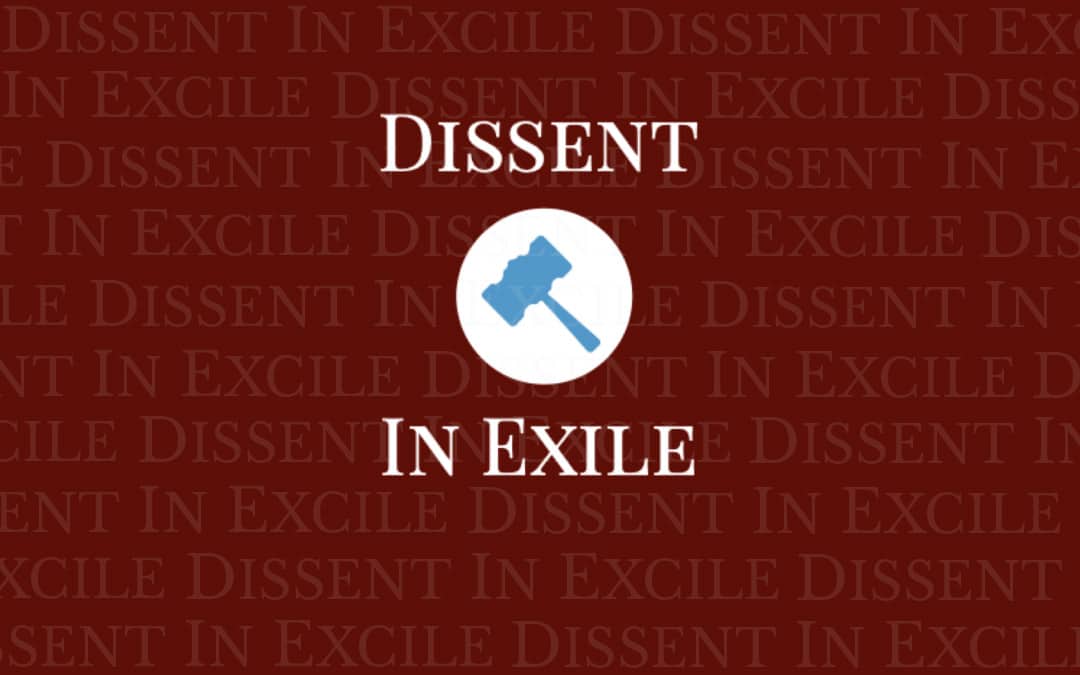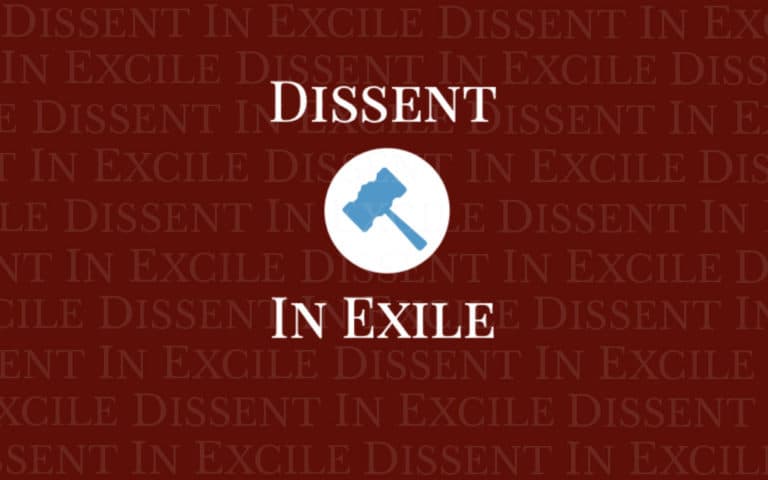
Andrew Strom is a union lawyer based in New York City. He is also an adjunct professor at Brooklyn Law School.
While the rest of the country has been trying to unite to fight COVID-19, Donald Trump’s appointees at the National Labor Relations Board (NLRB) have continued their relentless march to strip workers of their rights and to weaken the agency they preside over.
Despite the substantive disagreements that Board Members have had over the years, until now there has been near-unanimity about the need to protect the agency’s ability to investigate unfair labor practice charges. Section 8(a)(4) of the National Labor Relations Act makes it illegal for an employer to “discharge or otherwise discriminate against an employee because he has filed charges or given testimony under this Act.” The Board and the Supreme Court have long liberally construed these protections in recognition of the fact that the Board lacks authority to initiate its own investigations, and instead it may only act when an individual or entity files a charge. A unanimous Supreme Court has explained that workers must be completely free of employer coercion “to prevent the Board’s channels of information from being dried up by employer intimidation of prospective complainants and witnesses.”
In accordance with these principles, in 2001 the Board unanimously held that an employer committed an unfair labor practice when it offered an employee a severance agreement that required the employee to refrain from “assisting or otherwise participating in any proceeding” involving the employer. There the Board recognized that “[a]n individual’s refusal voluntarily to provide information in an investigation may result in an otherwise meritorious charge being dismissed.” The Board observed that this would “unlawfully chill[] the Section 7 rights of all the employees.”
The current Board Members now hold, in a case involving Baylor University Medical Center, that an employer’s conditioning of severance pay on an employee’s agreement to refrain from assisting co-workers with their unfair labor practice charges is only illegal if it is proven that the employer has fired workers in violation of the NLRA. The majority states that because the one employee in this case has not come forth with other evidence of unfair labor practices, “[t]here is no reason to believe that the Respondent harbors animus against Section 7 activity,” and, thus, this restriction “does not reasonably tend to interfere with the free exercise of employee rights under the Act.” But, there is also no evidence that the Respondent’s employees have ever attempted to engage in any union organizing or concerted protected activity. Moreover, the only charges that require a showing of animus are allegations that a worker was discriminated against because of her protected activity. Most violations of the NLRA do not require a finding of animus. For instance, it’s illegal under the NLRA for an employer to maintain a rule that prohibits employees from talking to each other about their wages. But, to prove the violation, there is no need to show that the employer enacted this rule because it was hostile to worker organizing. In fact, in this very case, there was no need for the worker who filed this charge to prove that the employer acted out of animus, so we will never know whether he might have been able to come forth with evidence that the employer did, in fact, have animus toward its employees’ exercising their rights under the NLRA. But, even if one could say with confidence that this employer has no animus whatsoever to its employees’ exercising their right to organize a union, preventing workers from providing evidence to support unfair labor practices would still reasonably interfere with the free exercise of employee rights under the Act. Besides, if we could accurately predict that a particular employer would never violate the NLRA, then the employer would suffer no harm from modifying its severance agreements to make clear that employees are still free to provide assistance to their former co-workers regarding any NLRB charges.
The current Board majority is so hostile to the Act it is charged with enforcing that it forgets that enforcement of the Act is in the public interest. More than 50 years ago, the Supreme Court observed that “Congress has made it clear that it wishes all persons with information about [unfair labor] practices to be completely free from coercion against reporting them to the Board.” None of the relevant provisions of the Act have changed since then. If someone files a charge with the NLRB, all Board Members, regardless of their views of the ultimate merits of the charge, should want anyone with information about the charge to be able to come forward freely to provide evidence in support of the charge. This should not be a controversial principle. If the three current Board Members don’t believe in the agency’s mission, perhaps they should seek other employment. It is a slap in the face to the workers whose rights they are supposed to protect (and the career staff at the agency) to allow employers to condition severance payments on the waiver of the right to cooperate with the Board’s investigations.







Daily News & Commentary
Start your day with our roundup of the latest labor developments. See all
February 22
A petition for certiorari in Bivens v. Zep, New York nurses end their historic six-week-strike, and Professor Block argues for just cause protections in New York City.
February 20
An analysis of the Board's decisions since regaining a quorum; 5th Circuit dissent criticizes Wright Line, Thryv.
February 19
Union membership increases slightly; Washington farmworker bill fails to make it out of committee; and unions in Argentina are on strike protesting President Milei’s labor reform bill.
February 18
A ruling against forced labor in CO prisons; business coalition lacks standing to challenge captive audience ban; labor unions to participate in rent strike in MN
February 17
San Francisco teachers’ strike ends; EEOC releases new guidance on telework; NFL must litigate discrimination and retaliation claims.
February 16
BLS releases jobs data; ILO hosts conference on child labor.